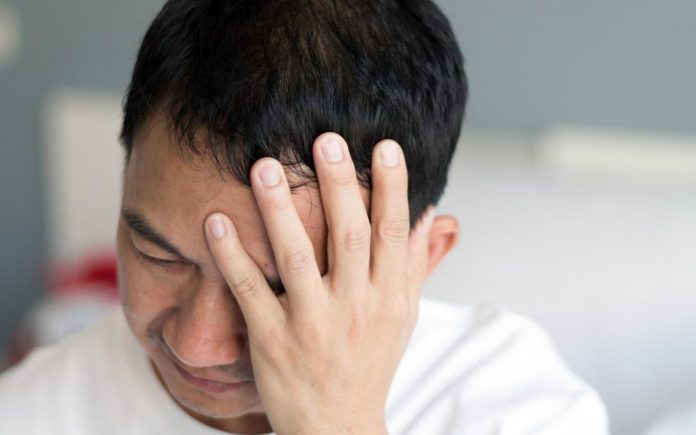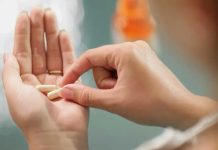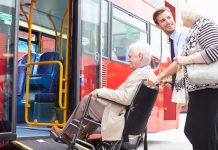People with mild traumatic brain injury who are exposed to early morning blue light therapy may experience a decrease in depression and other concussion symptoms, according to a preliminary study released today that will be presented at the American Academy of Neurology’s 72nd Annual Meeting in Toronto, Canada, April 25 to May 1, 2020.
“Patients with mild traumatic brain injury, like concussion, often develop persistent problems associated with sleep, concentration and depression,” said study author William D. Killgore, Ph.D., from the University of Arizona College of Medicine in Tucson. “Morning blue light exposure has been shown to lead to improved circadian rhythm of the body’s sleep-wake cycle, which is linked to improved sleep, better mood and daytime alertness.”
The double-blind, randomized study involved 35 people with an average age of 26 who had been diagnosed with concussion within the past 18 months. The participants used a tabletop device that shines bright light for 30 minutes each morning for six weeks. Seventeen people received blue light therapy and 18 people received a placebo amber light therapy.
At the beginning and the end of the study, both groups completed tests to measure symptoms of depression and other concussion symptoms, such as headache, fatigue and problems with sleep, memory and concentration.
The study found that the people who received the blue light therapy had lower scores on a test of depression, the Beck Depression Inventory, than the people who received the placebo light therapy. Raw depression scores showed a significant decline in only the blue group. The people in the blue light group improved by 22% on the test of depression, compared to a 4% worsening in mood for the people in the placebo group.
The improvement in depression scores among the people in the blue light group was also linked to improvements in other concussion symptoms such as sleep disturbance, fatigue, concentration, restlessness, and irritability, while there was no such relationship for the people in the placebo group.
“These results reinforce that blue light therapy may be an effective, non-drug treatment for concussion and that improvements in depression may result in improvement in both mental and physical concussion symptoms, and thus quality of life,” said Killgore.
The main limitations of the study were a relatively small sample size and that not every participant had clinical depression, which is a more severe form of depression, so the study may not represent all people with mild traumatic brain injury.
Killgore said, “Limitations notwithstanding, the findings give a promising treatment approach to those suffering from mood disturbances following a concussion.”
































